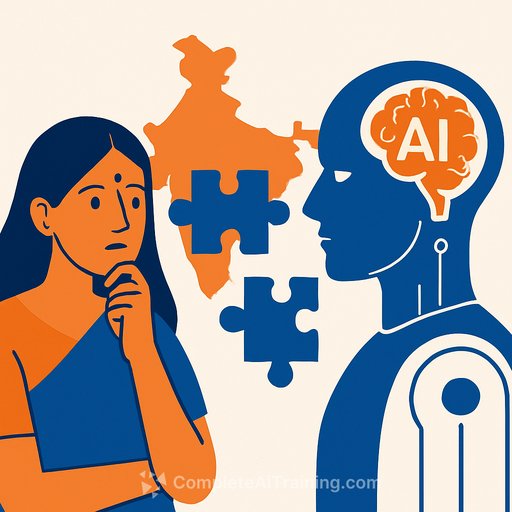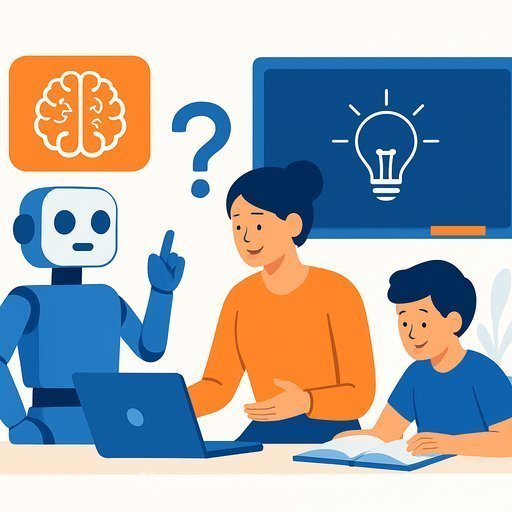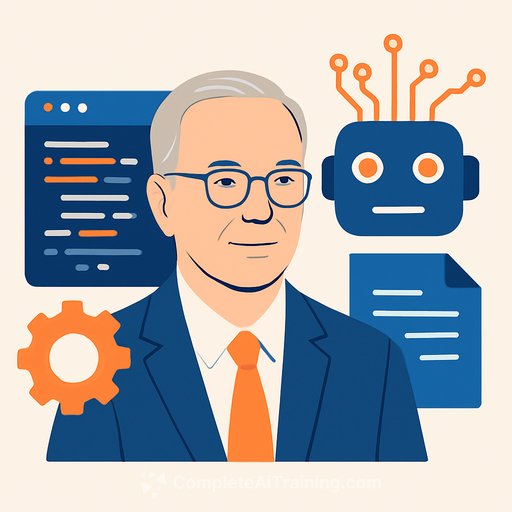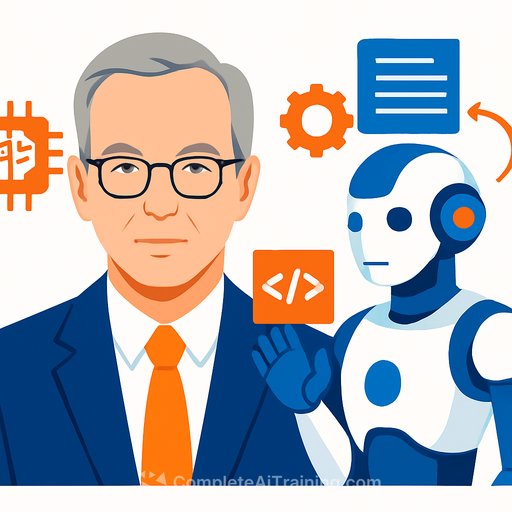India’s AI Opportunity and the Talent Crisis That Could Derail It
India stands at a critical point in the development of artificial intelligence. The country has the potential to lead globally, yet a significant shortage of qualified AI professionals threatens to slow progress. The time to act is now.
Picture a startup founder in Bengaluru’s tech hub, full of ideas for an AI-driven healthcare platform. Funding is secured, the concept is solid, but finding skilled AI developers is a challenge. This scenario is not unique—it reflects a national issue. Predictions estimate 2 million AI-related jobs by 2026, but India’s talent pool may not be ready to meet this demand.
A Digital Powerhouse with Unmatched Potential
India's digital economy is the second largest in the world, supported by a thriving ecosystem of entrepreneurs, tech giants, and government policies. Initiatives like IndiaAI and the National Data Governance Policy highlight a commitment to using AI to boost economic growth. Platforms such as UPI under the Digital Public Infrastructure (DPI) showcase India’s ability to scale innovation despite traditional barriers.
Global corporations like Google, Microsoft, and Amazon are investing billions in India’s AI infrastructure. Domestic startups, including Zoho and Freshworks, are integrating AI to enhance their products. Estimates suggest AI adoption could add over $500 billion to India’s GDP by 2035, impacting sectors from agriculture to healthcare. The stage is set for India to be a major player in AI.
The Talent Gap Threatens Progress
Despite this promise, India’s workforce is not adequately prepared. Although 1.5 million engineers graduate annually, fewer than 3% meet the requirements for AI roles. The root cause is a longstanding disconnect between education and industry needs.
Many university courses remain outdated, focused on theory instead of practical skills such as machine learning frameworks and cloud AI tools. Companies often have to retrain staff or outsource projects, which drains resources and slows innovation. The challenge is even greater in Tier 2 and Tier 3 cities, where access to quality education, reliable internet, and affordable upskilling is limited. Language barriers further restrict access for non-English speakers.
Why the System is Failing
India’s education system struggles to keep pace with AI’s rapid development. Curricula lag behind, leaving graduates unfamiliar with essential tools like TensorFlow or real-world data applications. Collaboration between academia and industry is inconsistent, and AI concepts rarely appear early in education, missing chances to spark interest and build intuition.
Additionally, the focus on rote coding overshadows critical thinking and problem-solving—skills fundamental to AI work. This gap is more than academic; it threatens India’s demographic advantage and its ability to lead in AI.
Rewrite the Playbook: Solutions for a New Era
Closing this gap requires swift, targeted action. First, educational institutions must update their programs by partnering with industry leaders to introduce AI and machine learning from the first year. Courses should emphasize practical applications, such as fraud detection systems or predictive agriculture models. Internships, hackathons, and projects with live data can help bridge theory and practice. Platforms like NPTEL and IIT Madras’s online courses are steps in the right direction but need expansion.
Second, AI education must become more accessible beyond major cities. Digital platforms offering courses in regional languages like Hindi, Tamil, and Bengali can reach a broader audience. Affordable micro-credentials, bootcamps, and subsidized MOOCs will empower learners in smaller towns. This inclusivity is not just ethical—it’s essential for fully tapping India’s talent.
Third, industry players must take on a collaborative role in education. Companies such as TCS, Infosys, and Wipro already run internal training programs, but more organizations should follow. Public-private partnerships can fund skill development, while apprenticeships and hands-on programs can open AI careers to non-technical graduates. This approach is proven globally, with firms like IBM and Accenture investing heavily in workforce development.
Beyond Coding: A Broader Vision for AI Talent
AI roles are expanding beyond programming to include product management, ethics, policy, design, and prompt engineering. India should encourage career changers from arts, commerce, and other fields to explore these areas. Diverse backgrounds and perspectives improve AI solutions and ensure they address real-world challenges. For example, a rural policymaker or a humanities-trained designer can contribute to creating more inclusive and effective AI systems.
A National Imperative: Develop the Builders
The main risk is not job loss but failing to fill the AI jobs that will emerge. Addressing this is a national priority that involves founders promoting upskilling, educators revamping teaching methods, policymakers supporting investment, and students seizing opportunities.
India has the potential to shape AI solutions with global impact. The clock is ticking. Will India become a hub for AI developers, or will this moment pass unfulfilled? The choice and responsibility lie with all stakeholders.
For those looking to upgrade their AI skills or explore the latest courses, Complete AI Training offers a range of practical programs aligned with industry demands.
Your membership also unlocks:










